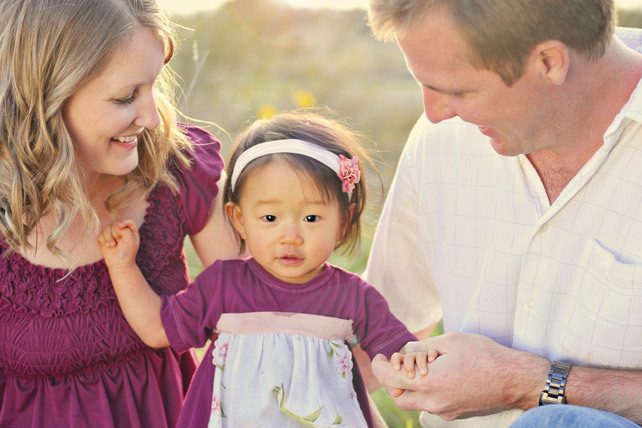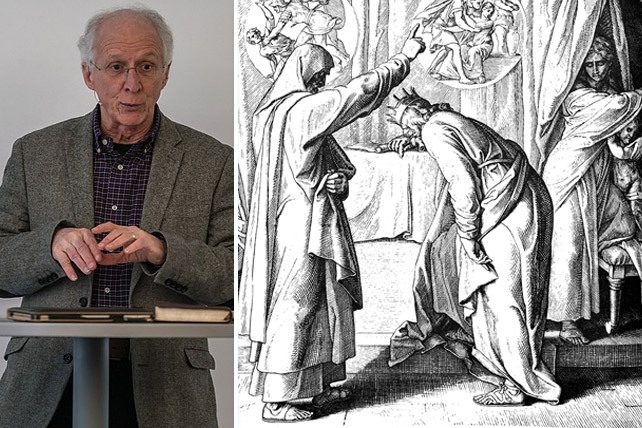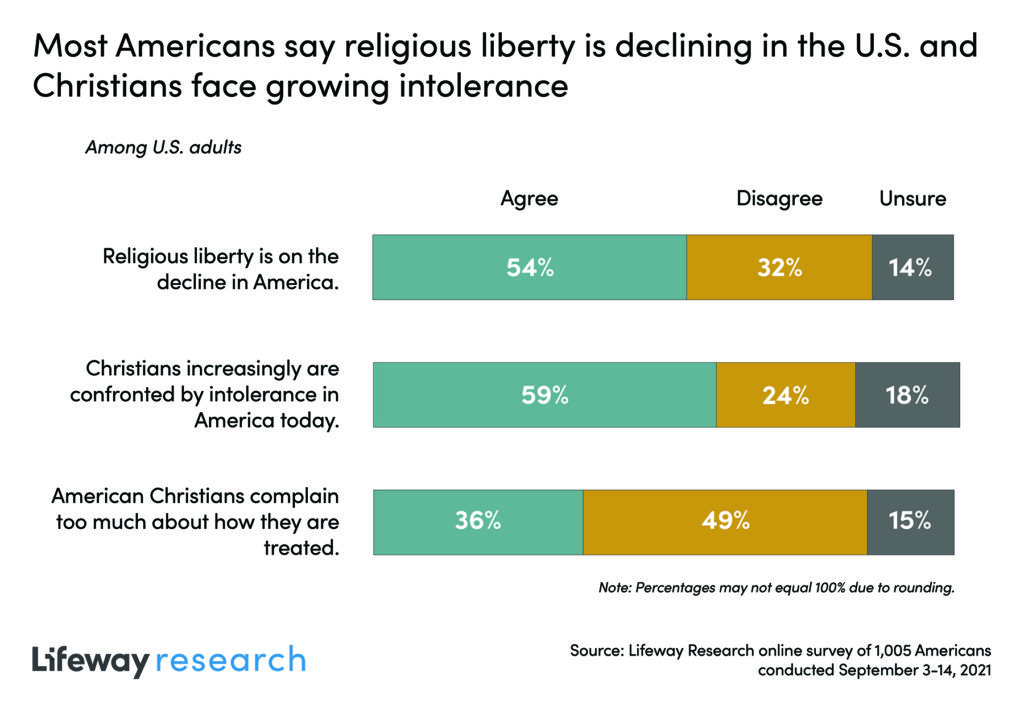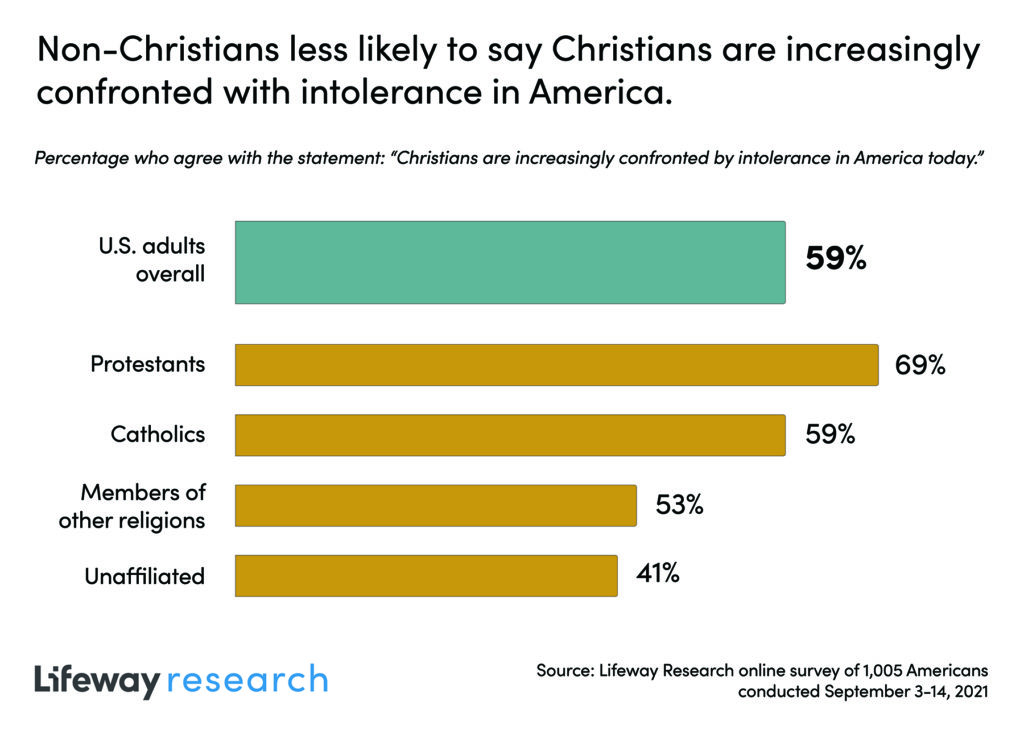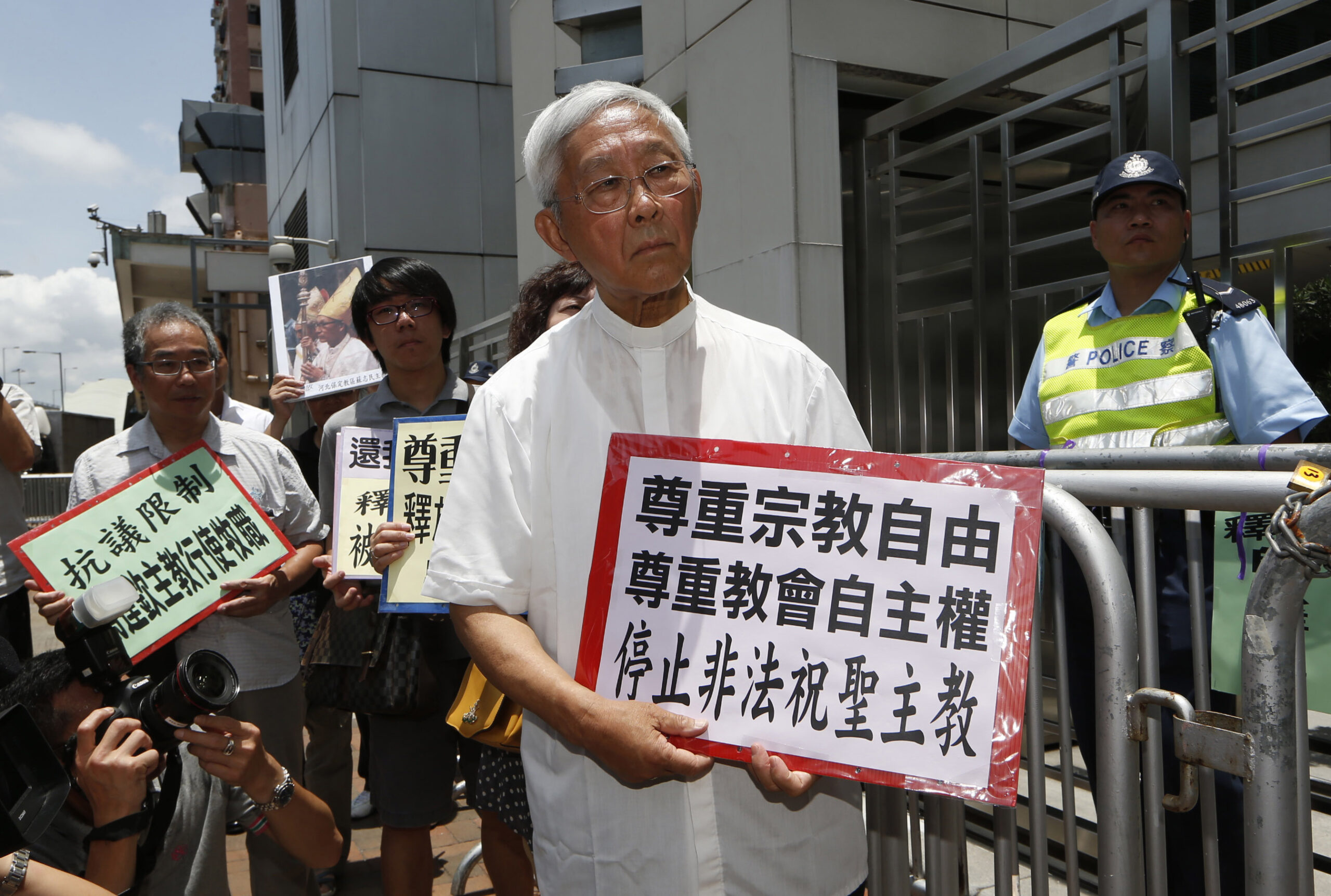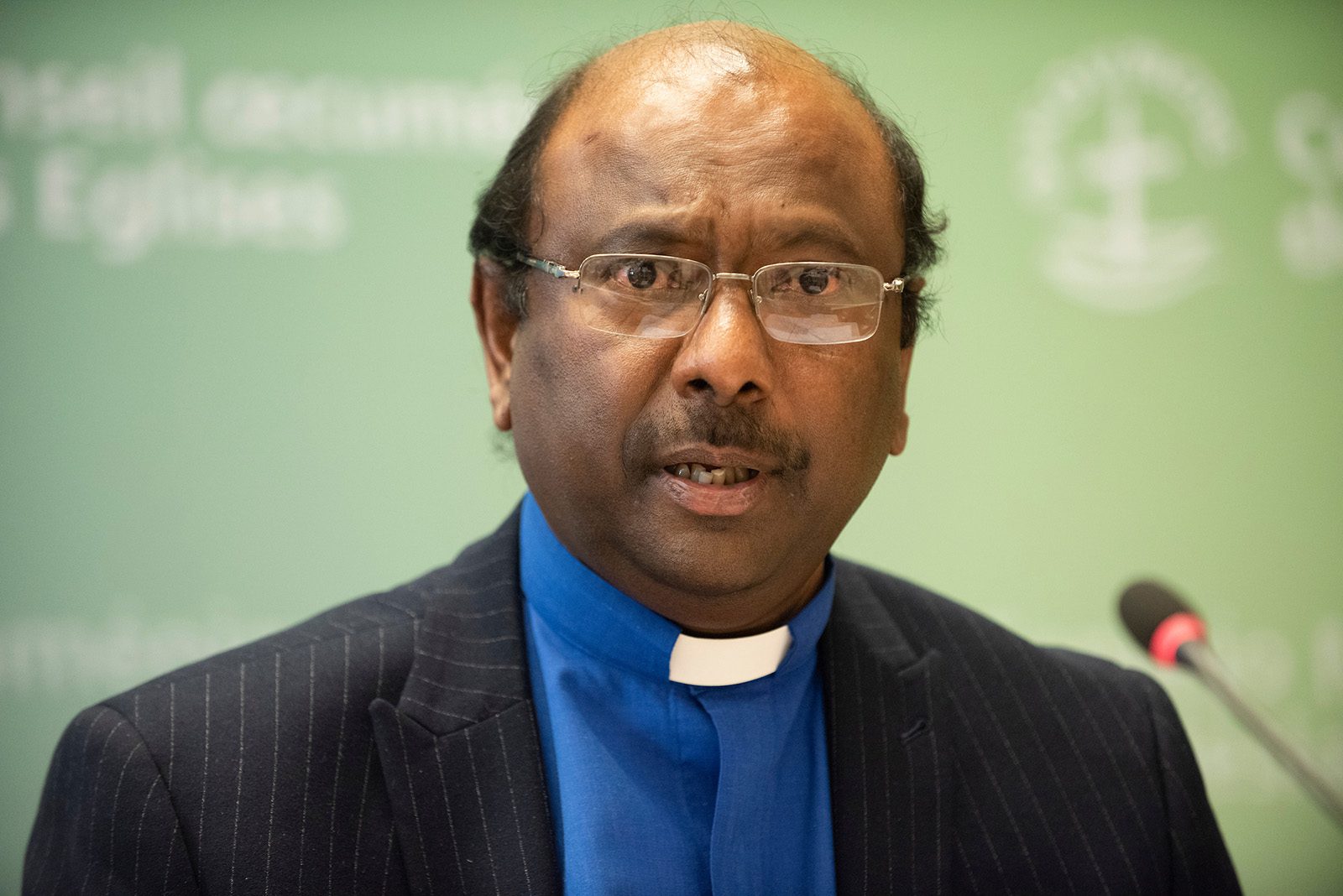Amidst all the changes you’ve experienced, like a ton of leaders and pastors, you are likely trying to master the skill of speaking or preaching on camera.
With no audience.
And by now, you’ve realized just how challenging that can be.
As difficult as speaking in front of a live audience is, being in the room with a crowd gives you huge advantages as a communicator.
When you have an audience in the room with you, it’s easy to tell if people are paying attention and whether they’re leaning in. You can sense whether they’re tracking by whether they laugh at your jokes (please, laugh at my jokes…), sitting up during important points, or become so rapt that in moments you can hear a pin drop.
All of that plays into an invisible feedback loop in the speaker or preacher’s mind that gives you cues as to whether to speed up, slow down, move on, dig deeper, relax or make other adjustments as you go.
When there’s no audience, all of that is gone.
Completely gone.
I didn’t realize how heavily I relied on my ability to ‘read’ an audience and see how my message is tracking until I spoke straight into the camera in an empty room for the first time.
At first, it felt awful—almost as if I had never spoken before. I had no idea how to adapt.
These days, I shoot hours and hours of video each year with zero audience (just a camera) for everything from pre-recorded sermons, to creating my online courses, to leading webinars and livestreams. For a while I even live hosted a live national TV show (with no studio audience). I’ve learned some things along the way.
Here are a few tips that can help you get used to preaching on camera (with no audience).
1. Be Real. Real Is Resonating, Deeply.
It’s so tempting to think you’re only as good as your gear. And if you don’t have great gear, a crew, and amazing production, your message won’t resonate.
That’s not the case at all.
The truth is you’re every bit as good as your content and delivery. Gear can help, but in this moment, who you are is resonating far more deeply than the gear you use.
It’s so tempting to think you’re only as good as your gear. Gear can help, but in this moment, who you are is resonating far more deeply than the gear you use.
CLICK TO TWEET
Some church leaders are still doing big production on a stage without the audience, and you could argue that’s what people are longing for (can we please go back to normal?). No criticism here. We’re all trying to figure this out in real-time.
But for some that’s impossible or unwise (health considerations, number of crew needed, or frankly, you never had big production in the first place).
Only having your iPhone or something less than a pro-set up isn’t fatal at all. In fact, it gives you more opportunity than anything.
You can take the pressure off yourself and just be real. Our world needs real more than it needs anything right now.
Our world needs real more than it needs anything right now.
CLICK TO TWEET
You know who’s crushing the new low production reality? Jimmy Fallon is.
Jimmy Fallon didn’t try to pretend he wasn’t doing the Tonight Show from home. Instead, he embraced it in all of its ordinariness. Which is exactly what makes it work.
If you haven’t seen it yet, he filmed the entire Tonight Show from various places in his home with his wife as camera operator and video linking to guests in their homes. Here’s a link to one episode with John Legend, and another with Alec Baldwin and 5 Seconds of Summer.
Jimmy Fallon didn’t try to pretend he wasn’t doing the Tonight Show from home. Instead, he embraced it in all of its ordinariness. Which is exactly what makes it work.
CLICK TO TWEET
As you flip through the episodes, notice that Jimmy:
- Doesn’t compete with his family…he includes them. His daughters make all the art for the show.
- Reads his monologue from a printed sheet, the same way you’d read something in a meeting or casual conversation. That actually makes it funnier, because even someone with the gifting of Fallon realizes that without the studio audience there, it would be really difficult to get the delivery right.
- Wears the clothes you’d normally wear at home (no suits).
- The audio quality is really crazy low…including the musical guests (literally no mic other than the iPhone in a bricked room).
- Does a low res Skype/Zoom iPhone interview with Alec Baldwin on his iPhone with his wife and daughter hanging out in the background.
- Raises money for a new charity every night to try to help with the crisis.
The best part? It’s so real.
Rather than compete with the situation we’re all in, Fallon embraced it. And while he has a few more zeroes in front of the decimals in his bank balance than you and I do, he brought himself into the reality we’re all in. He went where his audience lives: to his home, adapting like everyone else.
Theologians might call that kind of approach incarnational. Incarnational is one approach our world is longing for right now.
Being with your people in a time like this means being real with your people in a time like this.
Deciding to be real is strangely, even more calming and anchoring than constant hype or constant hope.
2. Picture Your Audience.
Real is one thing, but how do you connect when you can’t see your audience?
Simple: imagine them.
Pick a person you know and talk to them. Maybe it’s an unchurched friend you’re trying to reach, a new attender you just met or a long time member you trust deeply. Just pick a person and speak to them.
Naturally, you can vary that from talk to talk or live-stream to live stream, but it really breaks down the digital wall.
When I record my leadership podcast I imagine a leader out for his morning run or in her car listening to the episode. I think about what he or she is struggling with and I try to speak directly to them.
When I film one of my online courses, I imagine a senior pastor listening and trying to apply it to his or her church, or a staff team trying to make it work in their context.
When I’m preaching on camera, I imagine room full of people, or in this case, a living room with a family.
All of that helps.
Imagining your audience will make your tone of voice more expressive and empathetic as well as more natural. And it will even help you think about whether your content is really going to help the people watching or listening.
If you imagine your audience when you’re speaking into a camera, you’re far more like to connect with them.
If you imagine your audience when you’re speaking into a camera, you’re far more like to connect with them.
CLICK TO TWEET





